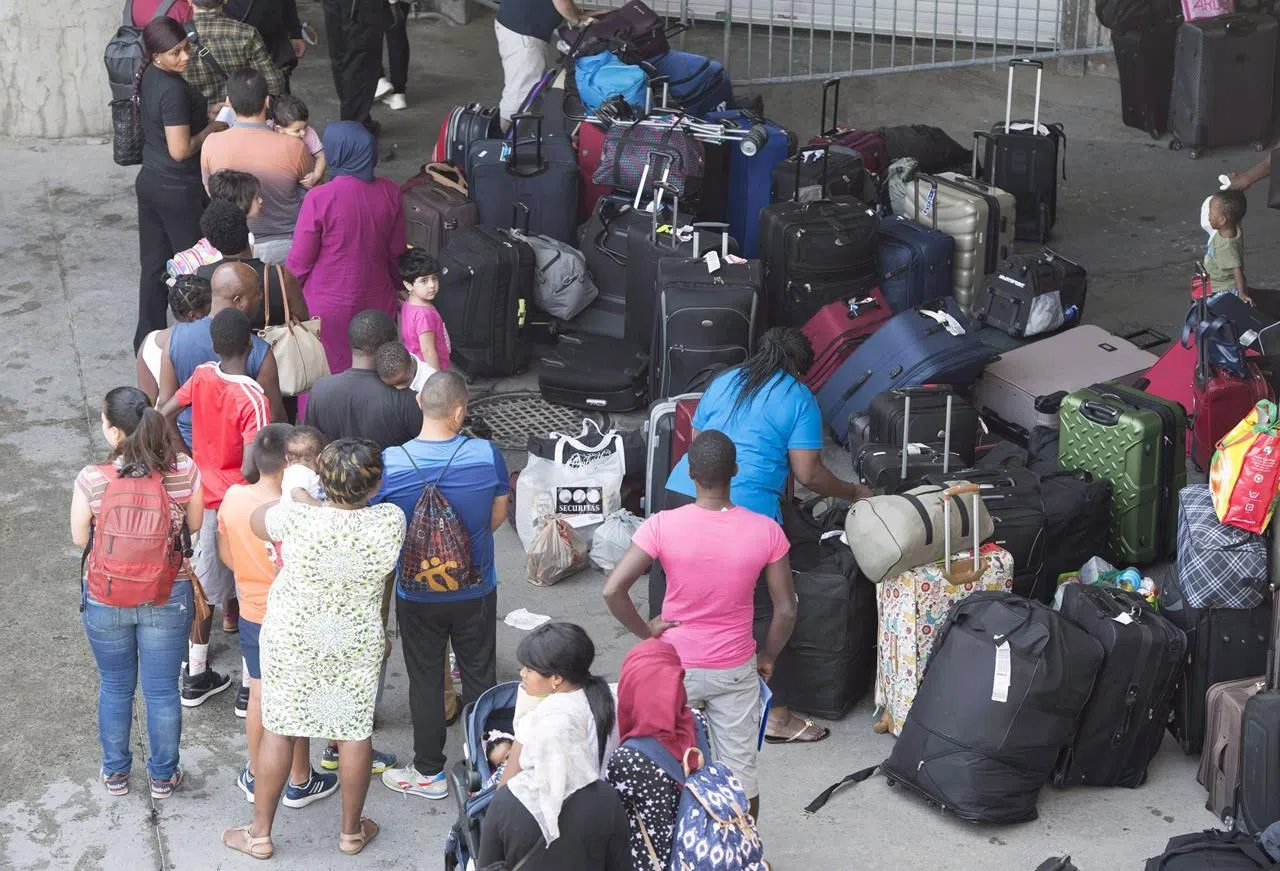
Fewer border crossers being granted asylum as case backlogs increase
OTTAWA — Fewer asylum seekers who entered Canada illegally this year are being granted refugee status.
As of the end of November, the Immigration and Refugee Board says 16,522 asylum claims were received from people who’ve crossed the border illegally and 2,198 of those have been completed.
Of those finalized cases, updated data show 54 per cent were accepted — down from 60 per cent when the board last reported the data.
Only eight per cent of Haitians — who make up the majority of claims — have been accepted, down from 10 per cent.


